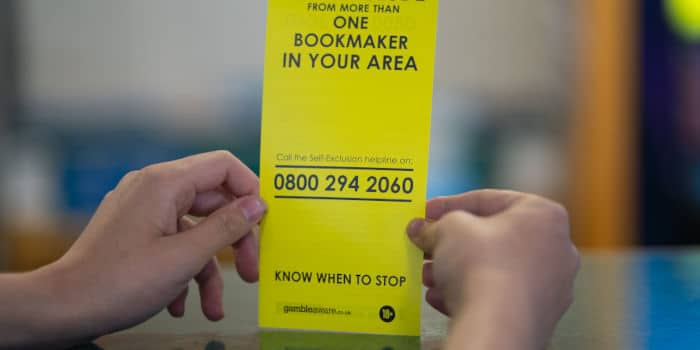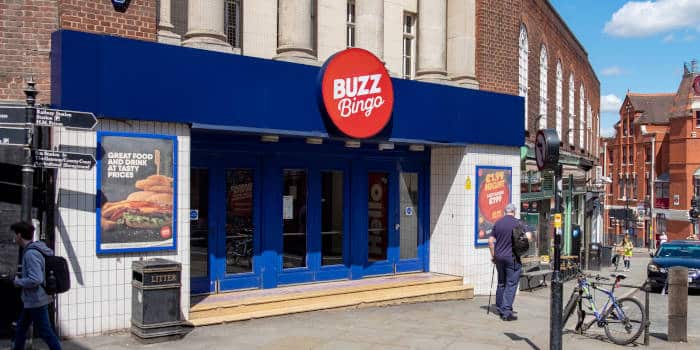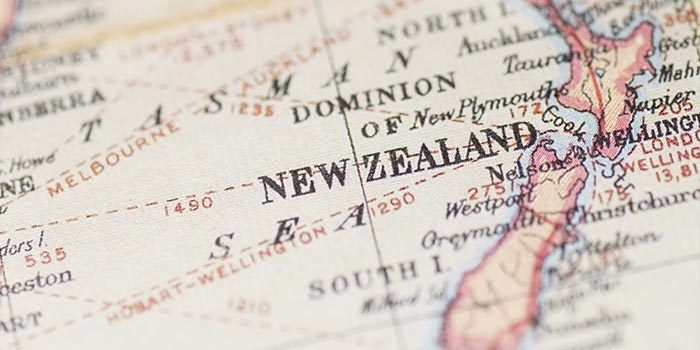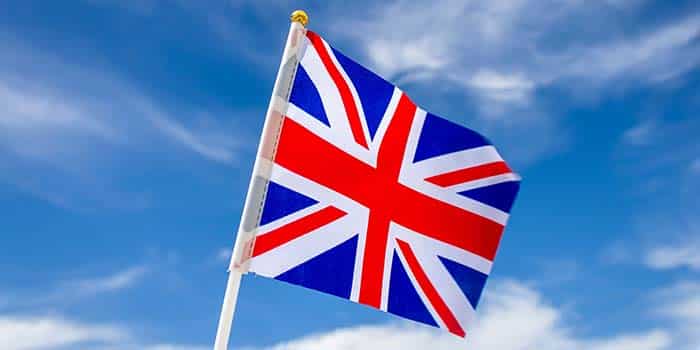- Casino
- By State
- Alabama
- Alaska
- Arizona
- Arkansas
- California
- Colorado
- Connecticut
- Delaware
- Georgia
- Florida
- Hawaii
- Idaho
- Illinois
- Indiana
- Iowa
- Kansas
- Kentucky
- Louisiana
- Maine
- Massachusetts
- Maryland
- Michigan
- Minnesota
- Mississippi
- Missouri
- Montana
- Nebraska
- Nevada
- New Hampshire
- New Jersey
- New Mexico
- New York
- North Carolina
- North Dakota
- Ohio
- Oklahoma
- Oregon
- Pennsylvania
- Rhode Island
- South Carolina
- South Dakota
- Tennessee
- Texas
- Utah
- Vermont
- Virginia
- Washington
- West Virginia
- Wisconsin
- Wyoming
- By State
- Slots
- Poker
- Sports
- Esports
Fact-checked by Velimir Velichkov
GambleAware Proposes Gambling Marketing Policy Changes
Operators are currently expending millions of pounds on ads, in hopes of channeling players toward their platforms

GambleAware, Britain’s leading gambling harm treatment and prevention charity, has suggested that the local gambling marketing regulations are too lenient. According to a new report, the UK is falling behind other European countries, potentially exposing vulnerable groups to harm.
GambleAware Suggests a Few Policy Changes
The new report was commissioned by GambleAware and compiled by the University of Bristol and Ipsos. According to its findings, Britain is lagging behind countries such as Belgium, Germany, Spain and the Netherlands, which have been implementing stricter gambling ad regulations.
Increased oversight of gambling marketing has become somewhat of a trend in Europe as countries seek to limit vulnerable groups’ exposure to gambling ads. Industry critics have also argued that too many ads normalize gambling to younger audiences or cause them to associate sports with betting.
As of the time of this writing, however, Britain has no primary legislation to regulated gambling ads. Considering this, GambleAware appealed for a number of policy changes that would address public health concerns around the impact of gambling marketing.
The proposals include:
- Pre-watershed ban on broadcast adverts
- Restrictions on gambling content and marketing online
- Blanket ban across sports
- Mandatory health warnings on all gambling marketing
The UK Has Some of Europe’s Fewest Restrictions
Operators are currently expending millions of pounds on ads, in hopes of channeling players toward their platforms. This high volume of ads has encouraged participation, exposing riskier audiences to potential harm.
According to the estimates for 2017, some £1.5 billion was spent on gambling marketing. Sports fans were bombarded with ads, with some receiving nearly 30,000 gambling messages on this season’s opening weekend alone.
While 67% of the Brits believe there are too many ads, the United Kingdom has yet to do something. Dr Raffaello Rossi, a marketing researcher at the University of Bristol who authored the current report, noted that data shows Britain has “the strongest evidence of gambling marketing’s harms but some of Europe’s fewest restrictions.”
Across Europe, bans on gambling marketing are increasingly the norm, seen as necessary to protect the public. Great Britain, however, is becoming an outlier with almost no meaningful restrictions.
Dr Raffaello Rossi
He suggested that this lack of restrictions is not because of a lack of evidence but because of a “political will.”
Reforms Are Needed
GambleAware representatives and reform advocates commented on the matter, urging swift action. Prof. Siân Griffiths CBE, public health expert and chair of GambleAware Trustees, called the lack of marketing oversight a missed opportunity. He asked the government to protect the next generation by taking action.
Lord Foster of Bath, chair of Peers for Gambling Reform, underscored the huge public support to curb the ads. Foster said that the current regulations are too lenient and that they must be reformed.
Craig Tampin, a recovering problem gambler, reminisced about the damage gambling did to his life, finances, mental health and relationships. He admitted that his recovery has been harder because of the constant barrage of gambling ads.
Zoë Osmond, GambleAware’s chief executive, hopes that the implementation of the statutory levy outlined in the Gambling Act white paper will provide “much-needed clarity” for the future system to tackle harms. However, there would still be a need to do something about the bombardment of gambling marketing, she added.
The changes we are proposing are fair and sensible, but crucially will make a huge difference – gambling harms can affect anyone, and must do everything we can to keep people safe from gambling harm.
Zoë Osmond, CEO, GambleAware
In other news, a new report revealed potentially life-threatening dangers of gambling addiction experienced by some Blackpool residents.
Related Topics:
Angel has a passion for all forms of writing, be it fiction or nonfiction. His curious nature gives him an ace up his sleeve when researching a new topic. Angel’s thirst for knowledge, paired with adaptability, always helps him find his way around.
Previous Article

Industry
November 11, 2024
NH Attorney General Denies Charitable Gaming at Concord Casino

Must Read
More Articles





Sports
July 15, 2025
Undercover Spotters Catch Wimbledon Betting Spies

Industry
July 15, 2025
UK Considers Gambling Tax Hike to Fill Budget Gap

Industry
July 14, 2025
GambleAware Launches Milestone Self-Awareness App

Casino
July 10, 2025
ASA Strikes Down Ad Complaint Against Buzz Bingo












